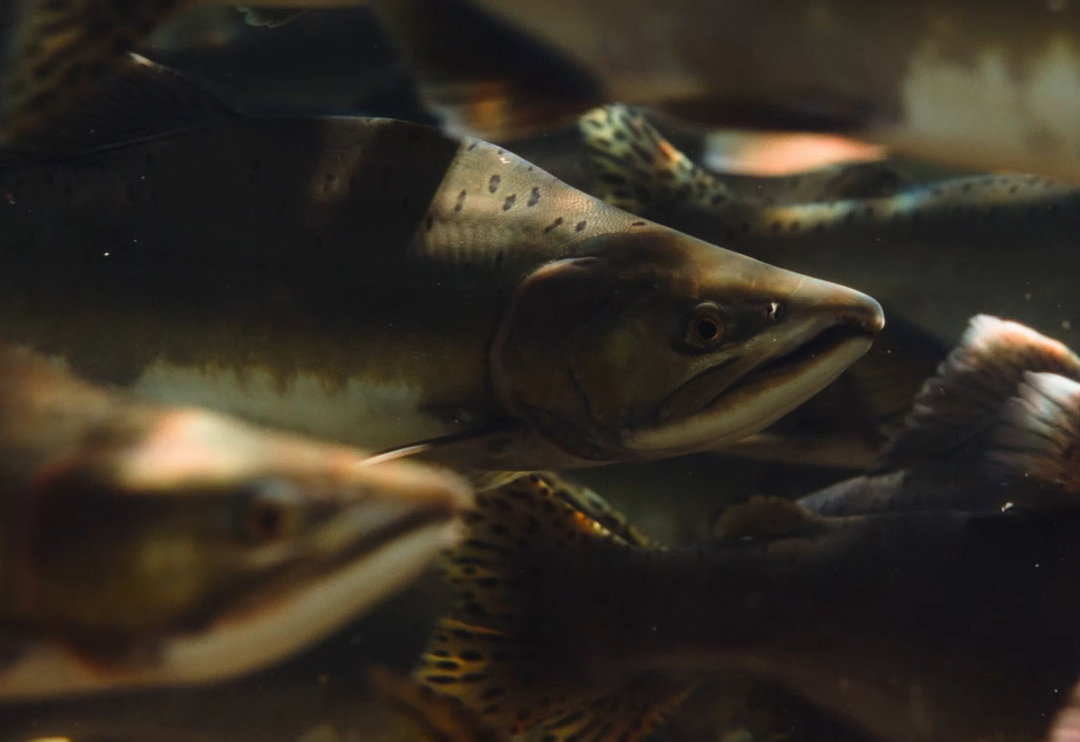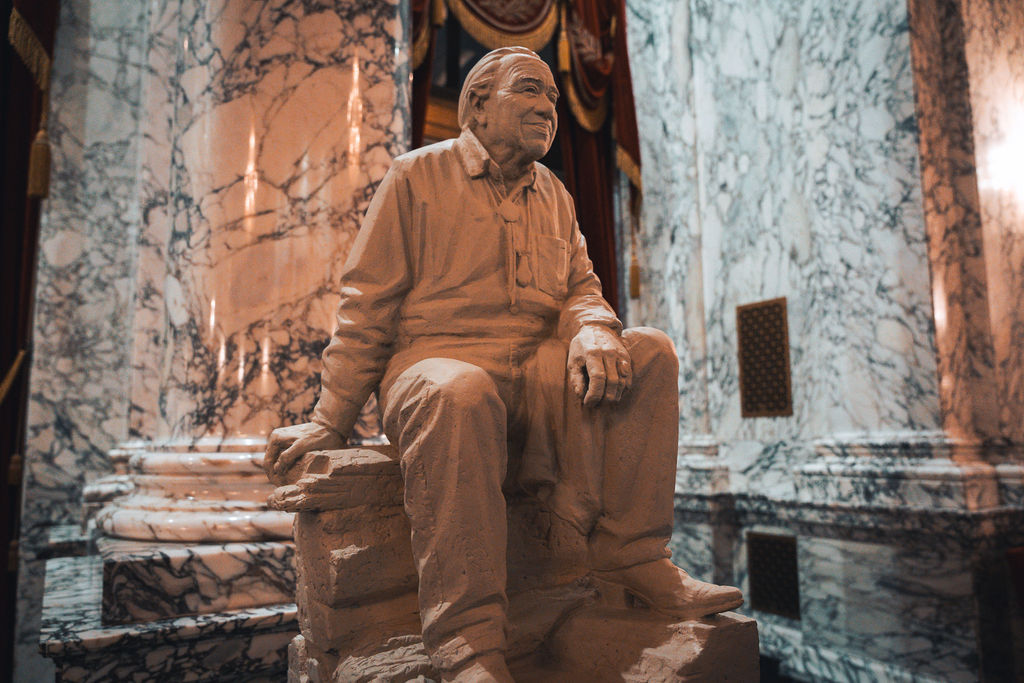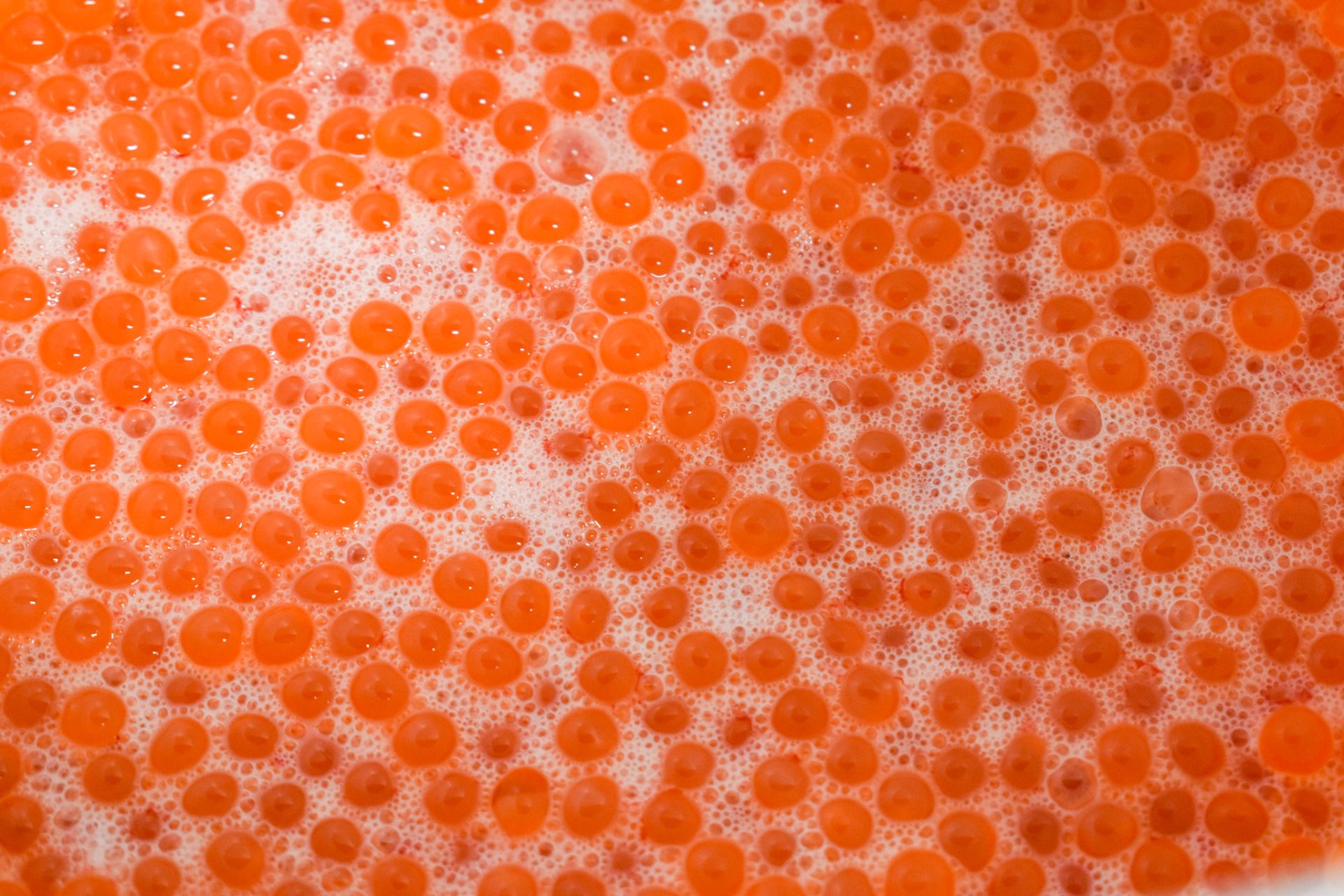The pictures don’t lie. Climate change combined with the continued loss of salmon habitat caused by human development is taking a toll on natural resources. The damage to salmon and the people who have always depended on salmon is significant.
A good example is Anderson Glacier in the Olympic Mountains, which feeds the Quinault River. A 1927 photo of the glacier shows a massive table of ice. Look today and you’ll see mostly rocks. The glacier is gone.
In the past, glaciers melted slowly during the summer months and helped contribute cool, clean water to the rivers where salmon begin and end their lives. But today our rivers are getting warmer and our glaciers are disappearing, harming salmon at every stage of their life cycle.
Salmon and Indian people evolved together over centuries, but climate change is happening in the blink of an eye. It’s happening too quickly for salmon – and us – to keep up.
What can we do? We can try to save as much habitat as we can.
The Quinault Indian Nation is finding ways to preserve returning spring chinook that depend on melting glacier water during the peak of the summer. They’re looking into creating broodstock by rearing wild offspring in a hatchery to increase survival and preserve the run’s genetics.
The Quinaults also are conducting a massive upper watershed restoration that will help stabilize river channels threatened by increased sediment left behind by melting glaciers. Salmon eggs are washed away each winter by powerful storms. By planting thousands of trees in 12 miles of barren floodplain, the Quinaults are helping preserve habitat for the spring run.
The Tulalip Tribes are studying ocean acidification, a side effect of climate change. The chemistry of the ocean and Puget Sound is changing because water absorbs carbon dioxide produced by fossil fuels. The Tulalip Tribes are paying careful attention to acidification’s impacts on local eel grass beds while protecting the remaining beds.
Our future tribal leaders have zeroed in on this issue, too. A group of students from the Suquamish Tribe recently participated in a national summit on climate change and ocean acidification. Interviewing tribal elders, scientists and others, the students made a powerful presentation at the Smithsonian in Washington, D.C., about the impact of climate change on our communities.
Next summer our coastal tribes, Hoh, Quileute, Makah and Quinault Indian Nation, will join the Office of National Marine Sanctuaries to host a climate change symposium at the Smithsonian’s National Museum of the American Indian. “Maintaining Identity in the Face of Climate Change” is the name of the conference, which will include native people from coastal areas around the nation. They will testify to climate change impacts that are already occurring, what they are doing to prepare for the future, and how traditional indigenous knowledge may help those efforts.
I don’t know if we can reverse climate change. I hope we can. In the meantime, we need to protect as many salmon and as much habitat as possible while we look for solutions. And we need to do it now.
Billy Frank Jr. is the chairman of the Northwest Indian Fisheries Commission.
(END)
For more information, contact: Tony Meyer or Emmett O’Connell, NWIFC, (360) 438-1181




